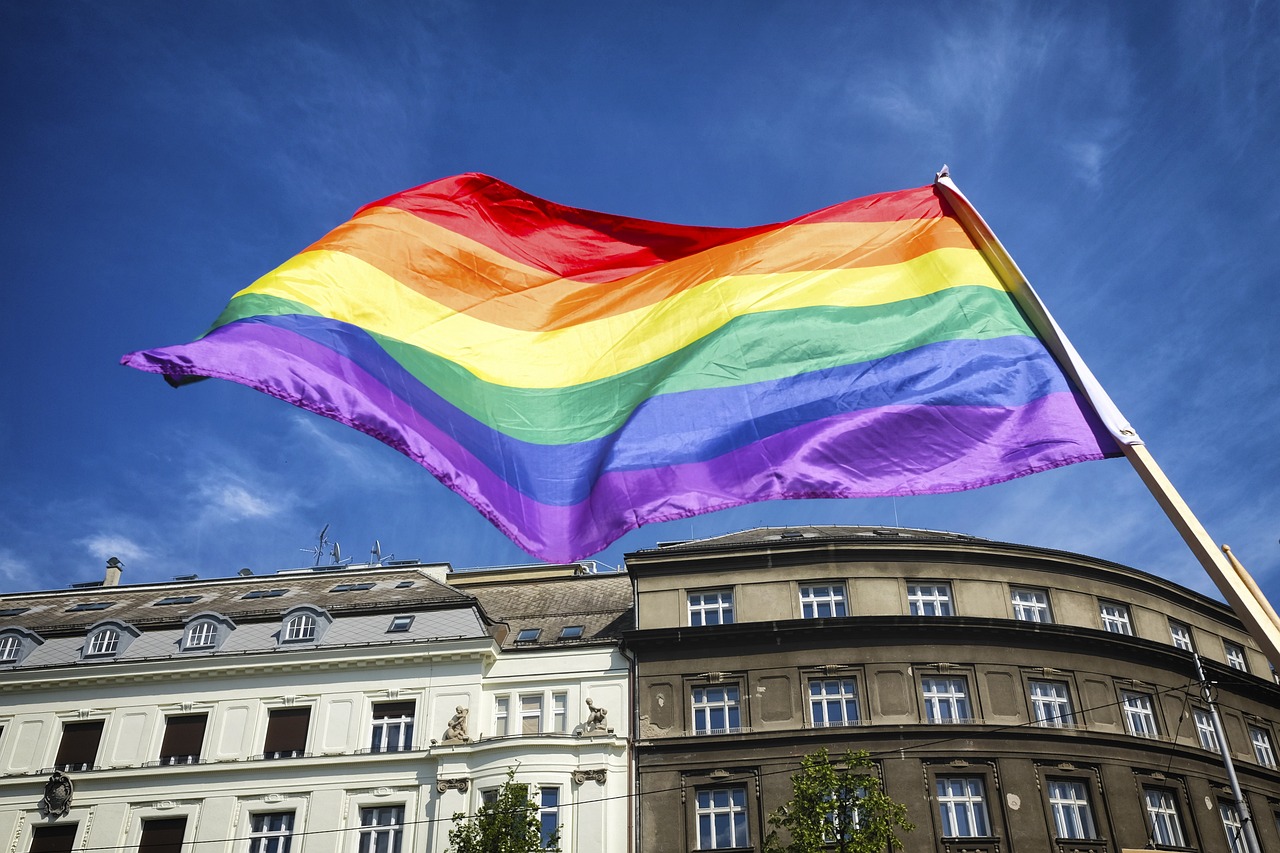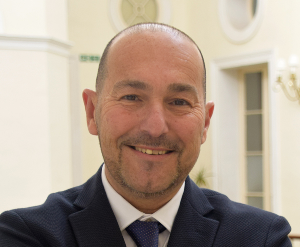June marks the beginning of pride month, 30 days dedicated to amplified awareness of the LGBT+ community, celebration, remembrance and working on future priorities.
Nonetheless, pride should not be highlighted for one month of the year. This is especially the case when considering that many employees and colleagues still feel the need to refrain from showing their true selves, in a bid to fit in at work.
Malta, for the ninth consecutive year, ranked first in the International Lesbian, Gay, Bisexual, Trans and Intersex Association (ILGA)’s Rainbow Map Equality Index.
The index measures civil and human rights of members within the community across 49 European countries.
Despite so, many still feel intimidated to be themselves, out of fear of being judged, disadvantaged or secluded. In fact, ILGA Advocacy Director Katrin Hugendubel noted that that “despite the country’s robust legal framework, the reality is that discrimination persists.”
Beyond Malta’s shores, four out of 10 LGBTQ+ individuals believe that discrimination has damaged them at work.
These statistics form part of a survey conducted in 2022 and published a year later by Italy’s national statistics bureau ISTAT and state anti-discrimination office UNAR.
Additionally, six out of 10 employees preferred not to speak about their private lives at work to avoid revealing their sexual orientation.
Despite this situation not being seen in Malta, so far, such a reality can still exist in certain industries.
Here is how an employer and colleague can create an environment where members of the LGBT+ community feel safe, heard and comfortable.
1) Educating yourself
The first step towards understanding employees and colleagues, and why they may be hesitant to open up about their personal experience is education.
Oftentimes, pride month comes with a baggage of misunderstandings. Many assume that pride is “an excuse to flaunt a rainbow flag,” catch up with the community over a drink and have fun.
And while these activities are encouraged, the real significance of pride month symbolises years of hard work by members of the community and activists so that future generations can live freely.
Learning about past hardships can provide a clearer picture as to why such occasions are important and inspire motivation to continue working on present issues.
2) Be respectful and make no assumptions
Empathy is applicable to any scenario, even beyond members of the community.
However, asking oneself: “Would I be comfortable if I was in that position?” can prevent hardships.
Making inappropriate jokes at the workplace is always a faux-pas, and passing an improper joke – even unconsciously – or using derogatory terms about the community should be avoided.
Additionally, it is crucial not to make assumptions about sexuality or pronouns among others. Always inform yourself about a person’s choices rather than making assumptions.
3) Open doors and communication
Even though some employees might not hide their sexuality or identity at work, it does not necessarily mean that it’s an open invitation for many questions or for forcing them to speak about their experiences.
Offering a shoulder and simply letting everyone know that you, as an employer, are always available for a chat creates a level of trust and establishes open communication.
Making someone feel at ease to discuss issues, especially if there are issues concerning multiple employees, can be paramount for employee wellbeing at work.
Creating a work culture of trust and inclusivity not only increases the chances of retaining talent and having a serene environment, but also keeps the company attractive for potential candidates.

4) Inclusive hiring practices
It goes without saying that not hiring individuals because of their gender, ethnicity or orientation is not acceptable. Hiring should solely be based on merit, characteristics and being a good fit for the company.
However, increased inclusivity during the hiring process can be beneficial for both parties. Ensuring that job listings and interview questions use gender-neutral language is a good starting point.
Family-friendly work benefits should also be extended to same-sex couples and in general, irrespective of gender and social status.
5) Asking for help and being accountable
No human is perfect, and mistakes are inevitable, especially if one is not accustomed to certain dynamics. However, acknowledging where one is lacking, taking accountability and addressing the issues puts you on the right path.
If you’re stuck, consulting with LGBT+ organisations and experts will give you the tools to handle situations better.
Bonus! Stop ‘rainbow washing’
As mentioned before, pride goes beyond June and some community members have pointed out that pride month has become a PR exercise for the sake of being politically correct.
The term ‘rainbow washing’ describes the practice of organisations or individuals who superficially support LGBT+ rights, by using rainbow imagery or branding without actually implementing actions.
This practice is comparable to green washing, when – for instance – companies advertise an increased focus on sustainability, but not substantiating claims with action.
Being more inclusive should be a general rule and not a ‘one-month exclusive’ and therefore keeping up to date with changing realities will make you a better employer, colleague and human.
Sophie-Ann Busuttil appointed Director at Luxury Living Technologies following tragic loss of her father
For the last two years she has served as head of the group’s Luxury Living Sustainable Hospitality Company.
Aaron Azzopardi appointed General Manager at Aviaserve Ltd
Aaron tells MaltaCEOs.mt he's 'humbled and excited' as he takes on the new role.
Understanding bond defaults: Paul Bonello on investor risk, regulation and the role of financial advisors
The market commentator and Director addresses key questions raised by the potential bond default involving MMH.
‘The market conditions aligned’ – Multi Packaging MD on Tunisia expansion
The new facility will be converting corrugated sheets produced in Malta into premium packaging









